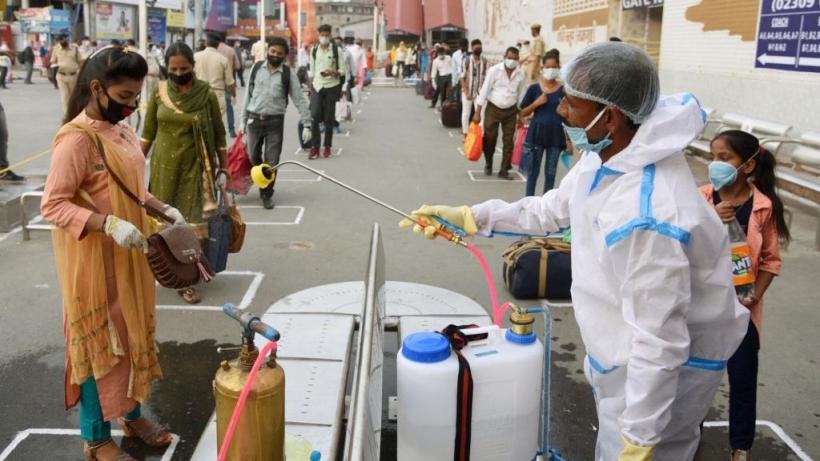
Using data to inform the COVID-19 policy response
-
Abedin-et-al-2020-Policy-paper.pdf
PDF document • 809.99 KB
- The COVID-19 pandemic is one of the biggest challenges the world has ever faced. Data can be used to target resources, forecast future needs, or evaluate decisions.
- Data collection should be guided by specific policy questions surrounding how to contain the disease, how to protect the vulnerable, and how to mitigate damage to economies.
- To better serve policymakers, data needs to be displayed in a way that is accessible and easy to interpret, it should also be high-quality, up-to-date, and consistent.
- Where detailed data collection and complex analysis are not viable, simple proxy measures can be used that are suited to the context, capacity, and resources available. This includes merging datasets, the use of administrative data, and predictive modelling.
- To have a better chance of tackling the crisis, it is necessary to have an institutional environment that values data and has the capacity to produce, analyse, and use it. This has benefits beyond the current crisis, presenting a critical juncture to invest in a data-driven approach more generally.








